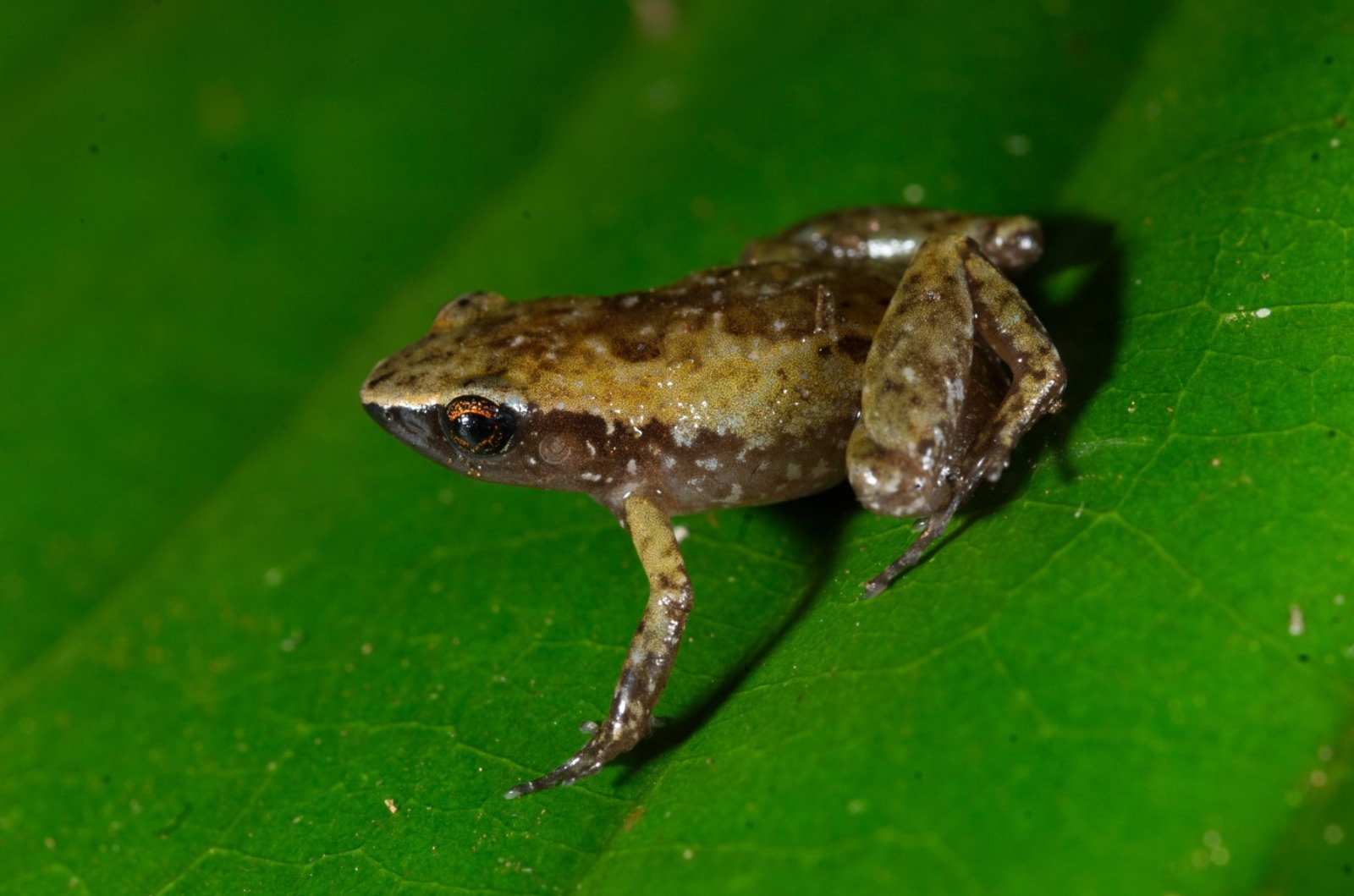Womens In Conservation
Tanzania is home to a rich diversity of amphibians, including species that are endemic to its unique and ancient forests, such as the Eastern Arc Mountains. These forests are some of the oldest, climatically stable, and most biodiverse in Africa, having persisted for over 30 million years, though their extent has fluctuated during wetter and drier climatic phases. The forests support a remarkable array of amphibian species, many of which are found nowhere else on Earth.

Saving the critically Endangered Tiny Squeaker Frog (Arthroleptis kidogo) 2024/2025
WICO is currently working on the project of conserving Tiny Squeaker Frog (Arthroleptis kidogo), a critically endangered endemic to Mkingu Nature Forest Reserve, Tanzania. Measuring less than 1.5 cm, it is the smallest frog species in Tanzania, inhabiting a restricted area of less than 28 km². This species relies on forest leaf litter for survival but is threatened by habitat degradation due to agricultural expansion, particularly cardamom and yam cultivation, as well as encroachment from the expanding Ubiri village. Despite being in a protected reserve, the frog faces continued risks that could lead to its extinction.
The project has conducted field surveys to assess the population, distribution, and habitat conditions of the Tiny Squeaker Frog (A.kidogo), using occupancy modelling techniques. Social surveys have been carried out to understand local communities' knowledge and attitudes toward conservation. Conservation outreach activities have raised awareness about the threats to the frog’s survival, promoting sustainable practices like reducing pesticide use. Additionally, trainee workshops have been organized to teach alternative livelihoods, such as beekeeping and mushroom farming, helping to reduce pressure on forest resources.